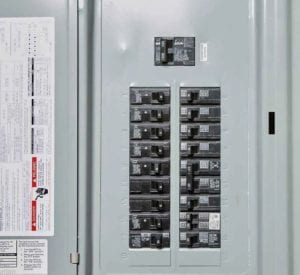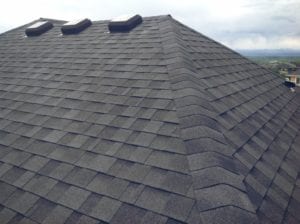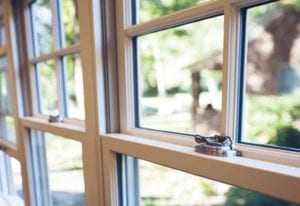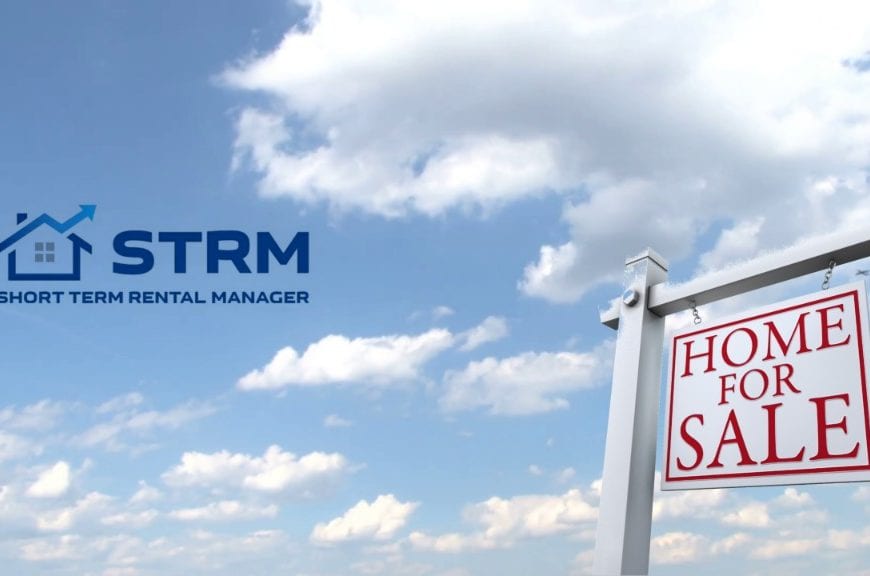Home Inspections: What you need to know!
If you’re buying or selling a home, listen up – there’s likely a home inspection experience coming your way in the near future! A home inspection protects the buyer, so it’s not only a good idea, but most lenders/insurers REQUIRE a home inspection before they’ll approve any home loan. So if you’re financing, you probably won’t have a choice in the matter.
A home inspection is a limited, non-invasive examination of the condition of the home and will only catch problems visible or verifiable at the time of inspection. Home inspectors do not move furniture or open up walls – and they definitely don’t investigate issues. For example, a home inspection report may state that an electrical outlet isn’t working, but it won’t say why the outlet isn’t working.

Since, as we pointed out, a home inspection is for the protection of the buyer, the buyer is also responsible for the cost of a home inspection in nearly all cases. The cost of a home inspection is usually based on the size of the home, but a prospective homebuyer can expect to pay at least a couple hundred dollars.
When Should an Inspection be Completed
The home inspection should be done within a week or so of the home going under contract. By under contract, that is, the buyer has made an offer and the seller has accepted, but the sale is not yet final. While the property is still under contract, all contingencies must be met before the sale is finalized!

Once the Inspection is Complete
Once the home inspection report is complete, the buyer has 10 days to submit what’s known as a BINSR – a Buyer Inspection Notice Seller Response – to the seller. The BINSR will list any items found during the home inspection that are of concern to the buyer.
The seller must then respond to the buyer regarding the items of concern. The seller may offer to have the items replaced or repaired, or, in lieu of fixing the issues, offer a concession to the buyer – in other words, lower the sale price of the property by a certain amount, and shift responsibility for the repairs to the buyer.
The seller is not required to make or pay for any fixes, however, and may simply respond that they are selling the property “as-is.” Of course, it’s then up to the buyer to “take it or leave it” – or perhaps make a counteroffer to the seller if they are still interested in purchasing the property.

Pool Inspections
Now, if the property you’ve got under contract also has a pool, we strongly recommend you order a separate pool inspection. Pools are not generally part of most home inspections. In fact, most home inspection reports include a disclaimer regarding pools, spas, and other water features, since most home inspectors do not have the expertise to evaluate them. Pool repairs – especially major ones – can be very pricey, so the added expense of a separate pool inspection is well worth the peace of mind of knowing exactly what you’re getting into!

Another inspection you should be expecting during your home buying or selling experience is a termite inspection, which is also required in most cases by lenders/insurers. While most home inspectors are certainly qualified to identify the existence of termites in a home, an actual termite inspector is issued a specific state license which allows their use of controlled chemicals to treat the home if termites are found to be present. The prospective buyer will also pick up the tab on the termite inspection, which is usually under $100/
STRM, the Valley’s leader in short-term rental management, can help you find the perfect investment home and guide you through all the required inspections! Not all real estate agents understand the vacation rental market. Don’t get stuck with a property that can’t perform. Our team of professional realtors can help you search out homes with the highest earning potential. Our team understands what guests look for, as well as what gets owners the best returns in this market. One CLICK gets you started!

